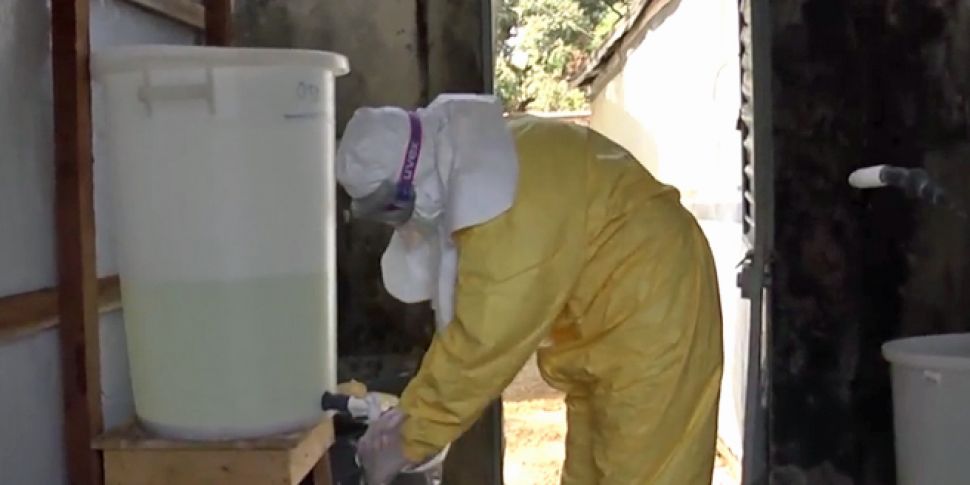A Spanish priest who contracted Ebola while working in Liberia has died in hospital, health authorities in Madrid have confirmed. Father Miguel Pajares (75) was the first European infected by a strain of the virus that has killed more than 1,000 people in West Africa.
He was airlifted from Liberia on August 7th after becoming infected while working for a non-governmental organisation there.
He was flown to Spain for treatment with his co-worker Juliana Bohi, a nun who has since tested negative for the disease.
Spain's Health Ministry said Fr Pajares was being treated with the experimental drug ZMapp, manufactured by US company Mapp Biopharmaceutical.
Two US aid workers infected by the disease have shown some signs of improvements since being given the drug, which had only previously been tested on monkeys.
Fr Pajares was part of a Catholic order at St Joseph's Hospital in Liberia's capital, Monrovia. A Congolese nun died at the hospital over the weekend, days after its director also passed away.
The hospital has since been closed because of the outbreak.
Medics Zukunis Ireland and Abraham Borbor are expected to be the first Africans to be treated with ZMapp and have given written consent, Liberia's Information Minister Lewis Brown said.
Mr Brown told Reuters the Liberian government received approval from the US Food and Drug Administration (FDA) for the pair to be treated before the drug could be exported - and that supplies should arrive in the next 48 hours.
Experimental drugs get go-ahead
Meanwhile, a panel of medical experts has ruled that it is ethical for infected patients to be treated with experimental drugs such as ZMapp, the World Health Organisation (WHO) said.
The United Nations health agency said in a statement "In the particular circumstances of this outbreak, and provided certain conditions are met, the panel reached consensus that it is ethical to offer unproven interventions with as yet unknown efficacy and adverse effects, as potential treatment or prevention."
Treatment with experimental drugs requires informed consent, freedom of choice, confidentiality, respect for the person, preservation of dignity and involvement of the community, the WHO said.
The virus has spread to four African countries - Guinea, Liberia, Sierra Leone and Nigeria - infecting a total 1,848 people, according to the WHO, which has branded the outbreak an international health emergency.
The latest outbreak has killed around 55-60% of those infected.
Originally published 10:42









